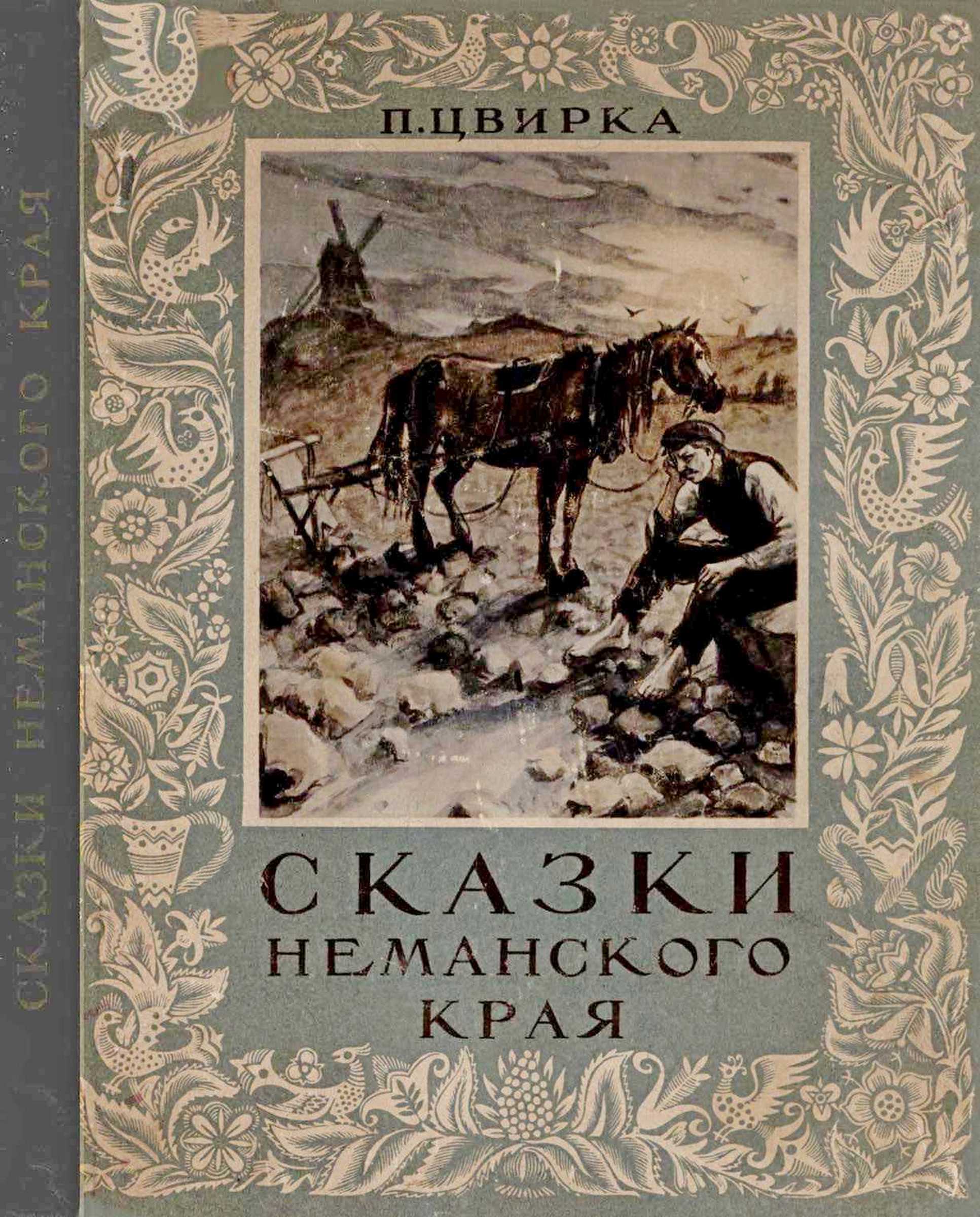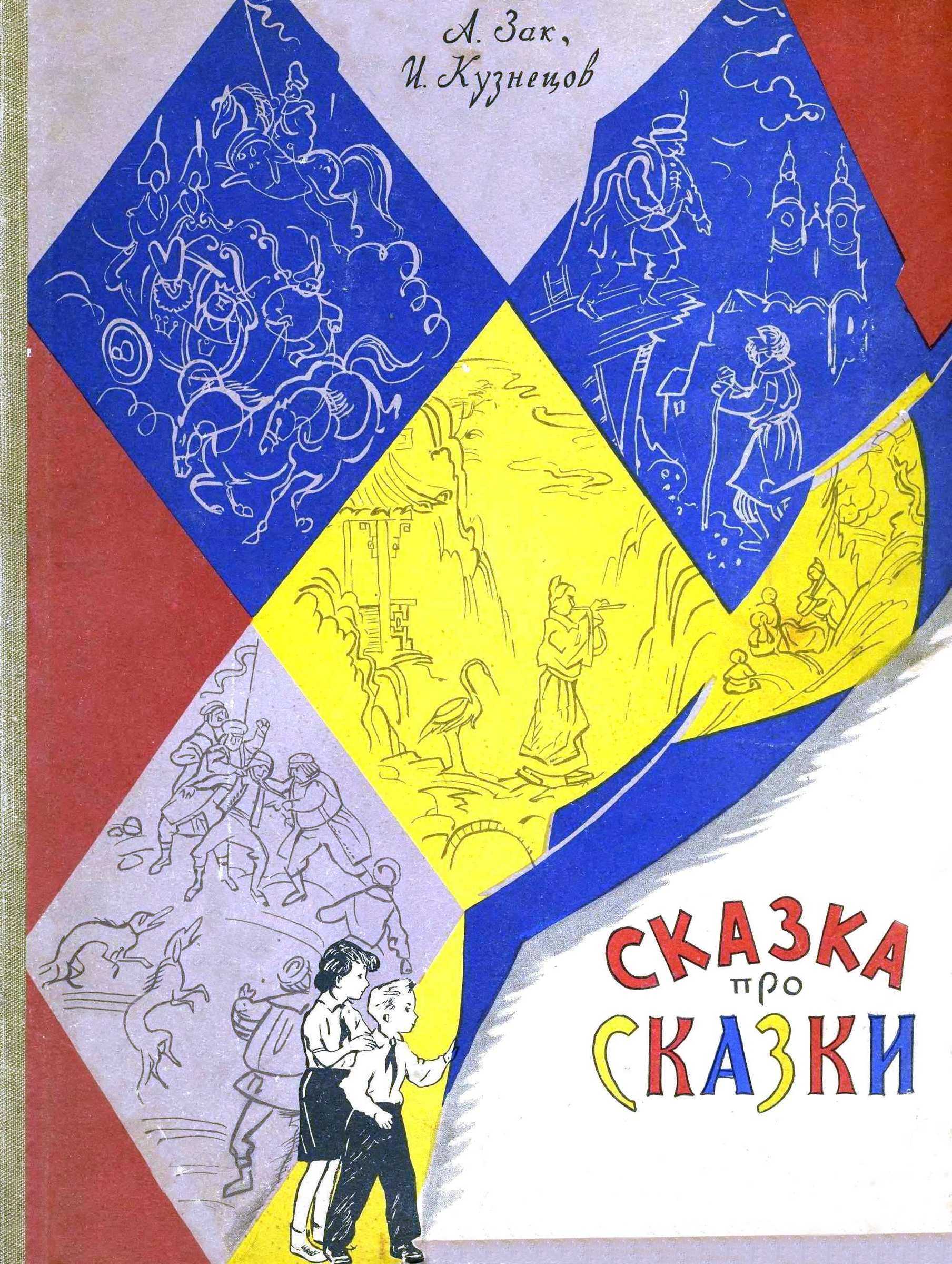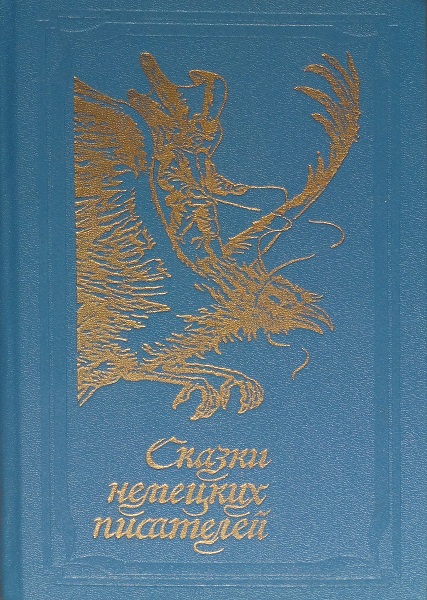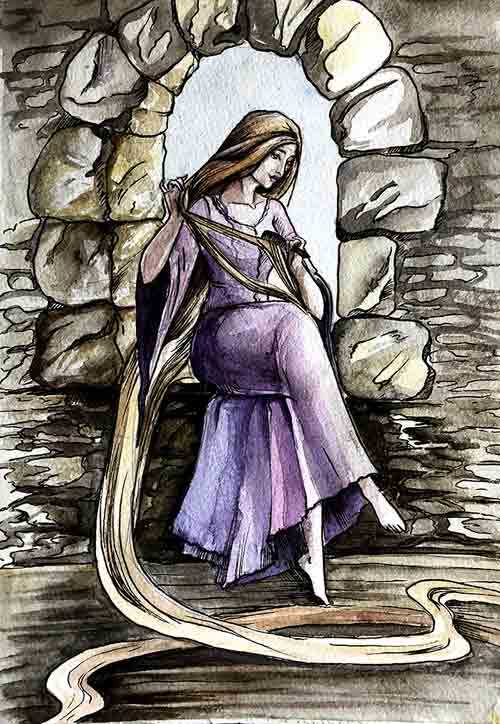1960), 277.
526 In his patient, stubborn way: Ibid., 280.
526 Lee made it clear: Ibid.
526 Longstreet managed to extract: Ibid., 280–81.
526 “secretly swollen with the idea”: Douglas Southall Freeman, Robert E. Lee: A Biography (New York: Scribner, 1935), Vol. 3, 15.
527 “Although reserved in speech”: Jeffrey Wert, General James Longstreet: The Confederacy’s Most Controversial Soldier (New York: Simon and Schuster, 1993), 21.
527 Longstreet’s first act: Longstreet, From Manassas to Appomattox, 282.
527 “It was now a far stronger army”: Colonel Vincent J. Esposito, The West Point Atlas of American Wars, 1689–1900 (New York: Praeger, 1959), text accompanying map 92.
528 He was cautious in revealing: Longstreet, From Manassas to Appomattox, 285.
528 He had hoped to take advantage: Ibid.
529 Colonel Walter Taylor: Walter Herron Taylor, General Lee: His Campaigns in Virginia, 1861–1865 (Lincoln: University of Nebraska Press, 1994), 180.
529 His military secretary: Charles Marshall, An Aide-de-Camp of Lee (Boston: Little Brown, 1927), 182.
529 “might offer a fair opportunity”: Jeffrey D. Wert, A Glorious Army: Robert E. Lee’s Triumph, 1862–1863 (New York: Simon and Schuster, 2011), 213.
530 The fact that Lee was “thinning”: Longstreet, From Manassas to Appomattox, 286.
531 Lee ordered A.P. Hill: Ibid.
532 If Hooker moved his army: Esposito, The West Point Atlas of American Wars, text accompanying map 93.
532 It may well have appeared: Taylor, General Lee: His Campaigns in Virginia, 182.
535 Stuart’s cavalry covered the gaps: Esposito, The West Point Atlas of American Wars, text accompanying map 93.
535 By now Hooker: J. F. C. Fuller, Grant and Lee: A Study in Personality and Generalship (New York: Scribner, 1933), 195.
537 “All fences have been destroyed”: Douglas Southall Freeman, Robert E. Lee: A Biography (New York: Scribner, 1934), Vol. 2, 178.
537 At Berryville on June 21: Lieutenant-Colonel Arthur James Lyon Fremantle, Three Months in the Southern States, April–June, 1863 (New York: John Bradburn, 1864), 249.
537 On June 25, Fremantle: Ibid., 236.
537 This was the same day: Fuller, Grant and Lee, 195.
538 “I think I can throw”: The Papers of Jefferson Davis, Lynda Lasswell Crist, ed. (Baton Rouge: Louisiana State University Press, 1997), Vol. 9, 244.
538 “We use Confederate money”: Robert E. Lee to Jefferson Davis, June 23, 1863, ibid., 238.
539 “to take position”: Fitzhugh Lee, General Lee (New York: Appleton, 1894), 265.
539 Major-General Fuller condemns: Fuller, Grant and Lee, 195.
540 The big cavalry battle at Brandy Station: Wert, A Glorious Army, 251.
540 “eight-mile train”: Ibid., 271.
540 Stuart later boasted: Ibid.
541 “Can you tell me”: Ibid., 273.
543 Longstreet ordered Fairfax: Longstreet, From Manassas to Appomattox, 294.
544 Stuart’s absence was to have: Freeman, Robert E. Lee, Vol. 3, 105.
544 “the spirit that inhibits victory”: Ibid., 68.
545 Longstreet’s corps complain: Fremantle, Three Months in the Southern States, 249.
545 “It had not been intended”: Three Days at Gettysburg: Essays on Confederate and Union Leadership, Gary W. Gallagher, ed. (Kent, Ohio: Kent State University Press, 1999), 18.
546 “I had a long talk”: Fremantle, Three Months in the Southern States, 250.
547 Although Pickett was something of a dandy: Ibid., 247.
547 Heavy rain slowed: Freeman, Robert E. Lee, Vol. 3, 64.
549 “He wore a long gray jacket”: Fremantle, 198.
550 Except for the advantage: Edwin C. Bearss, Fields of Honor (Washington, D.C.: National Geographic, 2006), 158.
551 “I cannot think”: Longstreet, From Manassas to Appomattox, 303.
552 “saith among the trumpets”: Job 39:25.
554 A “long gray line”: Freeman, Robert E. Lee, Vol. 3, 69–70.
554 When General Heth: Ibid.
556 “exhausted and disorganized”: Robert K. Krick, Stonewall Jackson at Cedar Mountain (Chapel Hill: University of North Carolina Press, 1990), 284.
557 Fremantle managed to make his way: Fremantle, Three Months in the Southern States, 255.
558 Taylor admired Ewell: Taylor, General Lee: His Campaigns in Virginia, 182.
558 It is possible that Taylor: Ibid., 190.
558 Given the fatal phrase: Ibid.
559 In other versions: Gallagher, Three Days at Gettysburg, 28.
559 In mid-afternoon he paused: Fremantle, Three Months in the Southern States, 254.
560 Longstreet was surprised: Longstreet, From Manassas to Appomattox, 304.
561 Besides all that: Ibid., 306.
562 Longstreet replied that McLaws: Freeman, Robert E. Lee, Vol. 3, 76.
562 Since Longstreet’s corps was not yet up: Ibid., 77.
563 “After he had reached Gettysburg”: Ibid.
563 It was not in his nature: Lieutenant-Colonel Arthur James Lyon Fremantle, The Fremantle Diary, Walter Lord, ed. (New York: Capricorn, 1960), 292, n3.
563 He sent for Major General Jubal Early: Freeman, Robert E. Lee, Vol. 3, 78.
564 He thought that the Federals: Ibid., 79.
565 Lee must have had such feelings: Taylor, General Lee: His Campaigns in Virginia, 156.
565 “If I attack from my right”: Ibid, 80.
566 “intrench themselves strongly”: Fremantle, Three Months in the Southern States, 256.
567 “General Lee never, in his life”: Douglas Southall Freeman, Lee’s Lieutenants: A Study in Command, Gettysburg to Appomattox (New York: Simon and Schuster, 1997), Vol. 3, 110.
567 “Gentlemen, we will attack”: “The Gettysburg Campaign,” in Southern Historical Society Papers, Robert Alonzo Brock, ed. (Richmond, Va.: W.M. Ellis Jones Sons, September 1915), New Series, No. 2, Vol. 40, 275.
569 “My son, I hope you will soon”: Freeman, Robert E. Lee, Vol. 3, 131.
570 “The enemy is here”: Ibid., 89.
570 “The stars were shining”: Longstreet, From Manassas to Appomattox, 307.
570 “the truly American custom”: Fremantle, Three Months in the Southern States, 257.
570 Freeman has Lee eagerly looking: Freeman, Robert E. Lee, Vol. 3, 86.
570 In any case, no attack: Wert, General James Longstreet, 272.
571 “The enemy occupied a series of high ridges”: Fremantle, Three Months in the Southern States, 257.
571 “A dead silence”: Ibid., 258.
571 He may very well: Freeman, Robert E. Lee, Vol. 3, 87.
571 The Prussian observer: Ibid., 90.
572 “What can detain Longstreet”: Gallagher, Three Days at Gettysburg, 159.
572 “were suffering from the lack”: Freeman,
























